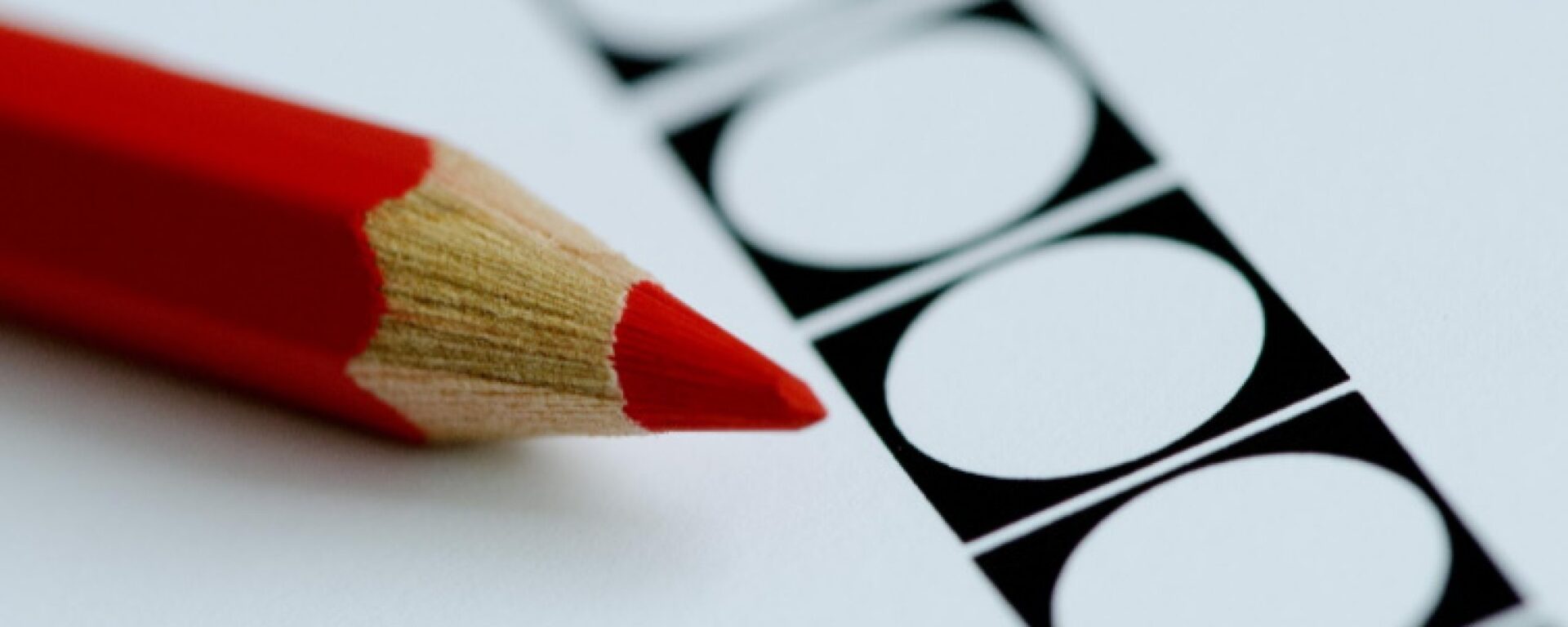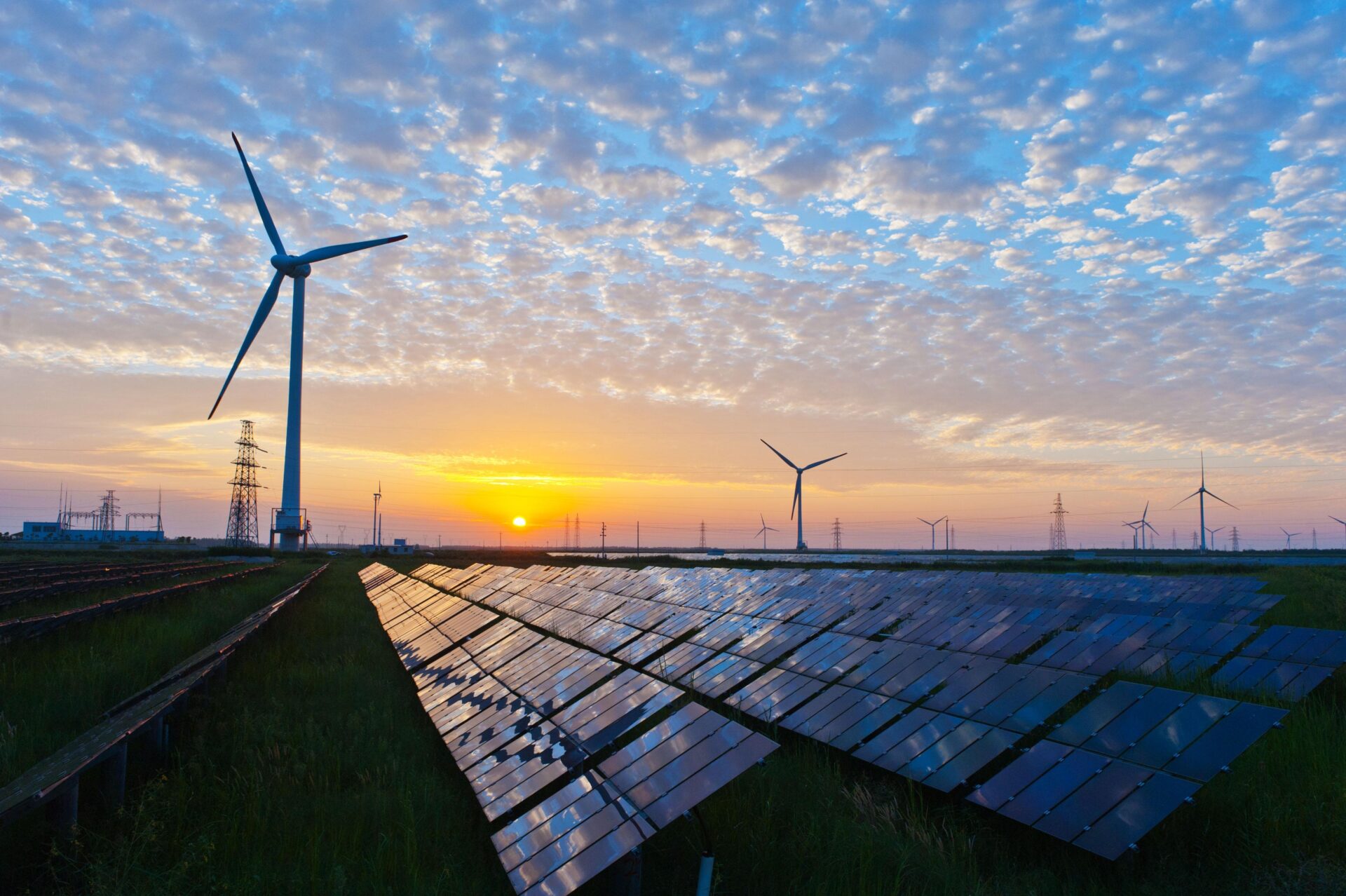The European Commission aims to achieve a circular economy by 2050. In addition, it wants to play a pioneering role compared to the rest of the world. To achieve these goals, the European Commission has promulgated several measures, such as the New Circular Economy Action Plan, the revision of the Packaging and Packaging Waste Directive and the Packaging Directive. These include an obligation that stipulates that 55% of plastic must be recycled by 2030. It is also mandatory from 2030 to use more recycled plastic in packaging, also known as the blending obligation.
The Netherlands wants to lead the way and have these rules take effect as early as 2027. This should provide a good starting point for the recycling industry, but right now nothing could be further from the truth. The recycling industry is firmly under pressure, and this at a time when it has an important role to play in achieving the 2050 goals.
To gain insight into, especially the tax burden, surrounding the recycling of waste, Publieke Zaken ERS together with QuoMare prepared a research report for Attero B.V. The main points of this report are:
- Recycled plastic must compete in a global market, with an overcapacity of virgin plastic greatly affecting the market;
- The European Commission, and the Netherlands in the lead, is aiming for a circular economy by 2050. Yet the tax burden on recycled plastic appears to be many times higher than for virgin plastic;
- The incineration tax disadvantages Dutch recyclers, and the national carbon tax further exacerbates the problem. An accelerated phase-out of dispensation rights puts Dutch waste incinerators at an even greater disadvantage;
- Analysis shows that the tax burden for recycling routes will be 2.6 to 6.5 times higher than for virgin plastics by 2030, something that strongly thwarts the ambition to encourage recycling;
- To meet the Dutch blending obligation in 2027, and the European one in 2030, a level playing field is needed. To create this for recyclers, there are five recommendations:
- Abolish incineration tax for recycling industry
- Bringing the pricing of CO2 emissions in line with the average CO2 price of other European member states
- Dispensation rights phase out at same rate as for European competitors
- Counter competition from (too) cheap imports of virgin plastics from outside Europe by extending the Carbon Border Adjustment Mechanism (CBAM) to imported virgin polymers
- Should the above prove difficult to achieve, then a temporary subsidy and/or minimum price for recycled plastic as an alternative until the blending obligation takes effect. Possibly supplemented by higher circular procurement targets for recycled plastic by the government as a major market player
Read the entire report here.


